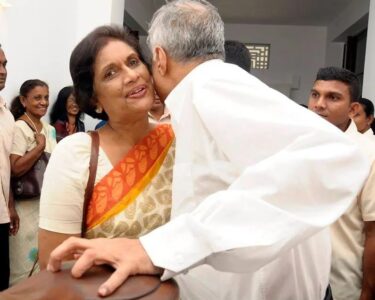Russia’s President Vladimir Putin is set to extend his tenure potentially until 2030 by running for re-election in the upcoming March presidential elections.
This decision comes at a time when Putin sees Russia facing a critical juncture in its history, according to six anonymous sources who spoke to Reuters.
At 71, Putin has already served longer than any Russian leader since Josef Stalin, having first taken over the presidency from Boris Yeltsin in 1999. His candidacy, backed by the full weight of the state apparatus, state media, and the absence of any significant public opposition, virtually assures his victory in an election that many view as a mere formality.
Putin’s enduring popularity in Russia can be attributed to several factors:
He has restored Russia’s sense of national pride and power. After the collapse of the Soviet Union, Russia experienced a period of economic and political turmoil. Putin has helped to restore Russia’s standing in the world and has made the country a more assertive player on the global stage.
He has provided stability and security to the Russian people. After the chaos of the 1990s, many Russians craved stability and order. Putin has provided them with that, and many Russians are grateful for it.
He has controlled the media and suppressed dissent. Putin has a tight grip on the Russian media, and he has used it to promote his own image and discredit his opponents. He has also cracked down on dissent, making it difficult for any opposition to organize or challenge his authority.
He has benefited from high oil prices. Russia’s economy is heavily dependent on oil exports, and high oil prices have helped to boost the economy and improve living standards for many Russians.
As a result of these factors, Putin remains very popular in Russia. His approval ratings are consistently high, and there is no sign that his popularity is waning. This is why he is so confident that he can win the upcoming election and remain in power for many years to come







